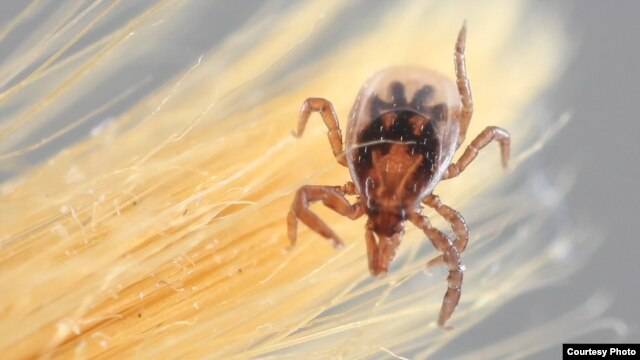Bad bite: A tick can make you allergic to red meat
Friday, August 8, 2014
By MARILYNN MARCHIONE ~ The Associated Press
A bug can turn you into a vegetarian, or at least make you swear off red meat. Doctors across the nation are seeing a surge of sudden meat allergies in people bitten by a certain kind of tick.
This bizarre problem was only discovered a few years ago but is growing as the ticks spread from the Southwest and the East to more parts of the United States. In some cases, eating a burger or a steak has landed people in the hospital with severe allergic reactions.
seMissourian.com: National News: Bad bite: A tick can make you allergic to red meat (08/08/14)
Friday, August 8, 2014
By MARILYNN MARCHIONE ~ The Associated Press
A bug can turn you into a vegetarian, or at least make you swear off red meat. Doctors across the nation are seeing a surge of sudden meat allergies in people bitten by a certain kind of tick.
This bizarre problem was only discovered a few years ago but is growing as the ticks spread from the Southwest and the East to more parts of the United States. In some cases, eating a burger or a steak has landed people in the hospital with severe allergic reactions.
seMissourian.com: National News: Bad bite: A tick can make you allergic to red meat (08/08/14)


